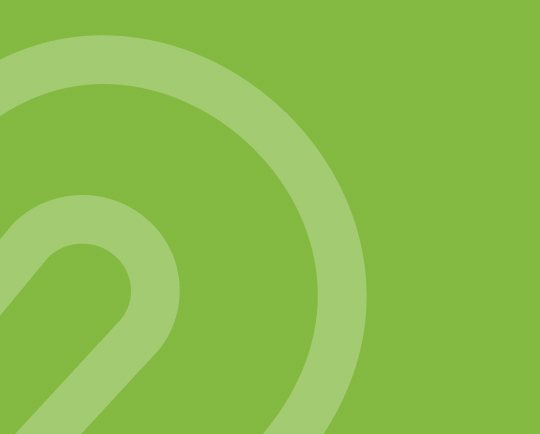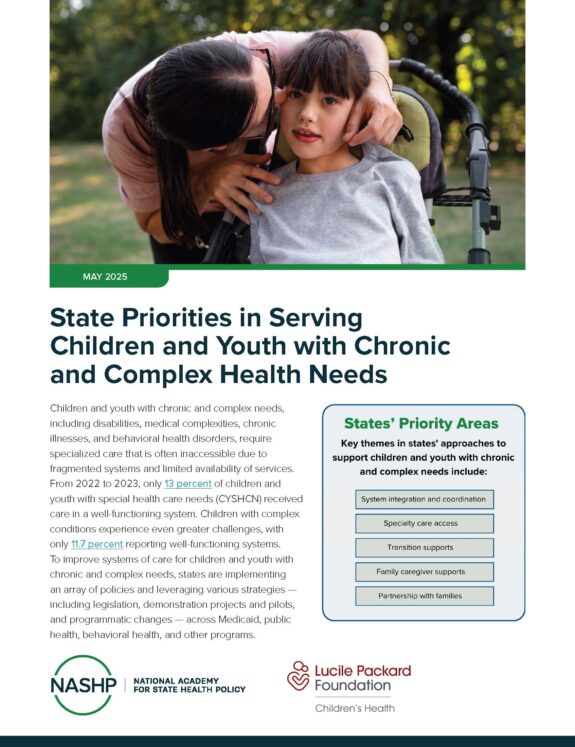Juno Duenas: Thirty-plus Years on the Frontline of Family Advocacy
For more than three decades Juno Duenas has been a force to be reckoned with in advocating for children with special health care needs and their families, in California and across the nation. As of December 18, she will retire from her position as executive director of Support for Families of Children with Disabilities, a parent-run San Francisco agency founded in 1982 that offers families information, education, and a broad range of resources. Now, the mother of four reflects on her decades of activism and what lies ahead for her.
Q: Why, when, and how did you get started in parent advocacy?
My daughter, Moji, was born 36 years ago with severe disabilities, so I became an advocate 36 years ago. Whether you like it or not, as a parent of a child with disabilities/special health care needs, you become an advocate. Your choice is whether you are going to be passive or proactive.
“Whether you like it or not, as a parent of a child with disabilities/special health care needs, you become an advocate. Your choice is whether you are going to be passive or proactive.”
I started at Support for Families attending a support group where I met other parents who guided me to meetings and activities. Four years later I joined the staff at Support for Families because I had an idea: Wouldn’t it be amazing to be able to walk into a room and talk to people who provided services without having to go through a case manager? With that in mind, we partnered with the school district and created an Information and Resource Conference for families, and it was so inspiring to work alongside others with a common focus, I was hooked.
Q: What progress for children and families have you seen over the years?
We pushed for family-centered care in the hospitals, and there has been a huge difference in pediatric care since my daughter was born. Now most hospitals practice family-centered care as if it were always like that.
We advocated for keeping our kids at home instead of living in institutions and we succeeded. But now we have families at home providing intensive care without the appropriate supports, and this is an enormous challenge. Unless a family has extraordinary inner and outer resources, that is not a safe situation. Anything could tilt and put the child at risk. We have had success and celebrate our children growing into adulthood, but the system is not really prepared. It is a fragile system. It’s not a good system. We have lots of opportunity for improvement.
We have pressed for family representation at every level of decision-making, and we have seen some progress. The system will work best if we create services that families want to use, so we need to have families at the table during the development, implementation, and evaluation of services.
Q: What has been your most satisfying success?
Successful moments for me are the moments when I felt a part of something purposeful that will help our children have opportunities and quality of life. There were so many moments, so many people working together as a team with diverse perspectives, but with a shared vision that we can build something better and create some system change. I still work with some parents I met when our children were newborns, and they’ve become life partners. So many extraordinary people, partners, have influenced what I think and who I am.
Partners come in all shapes and sizes. Parents, caregivers, youth, children, providers, administrators, advocates, and of course funders. The Lucile Packard Foundation for Children’s Health is one of the best partners, they really listen to what we parents feel would work best. Of course, there were some difficult conversations, but we worked through them together. One of our best partnerships with the Foundation is Project Leadership, an example of something that has had a lot of success.
Q: Talk about Project Leadership.
Project Leadership offers training to prepare and support family members to become advocates for better health care policy and services. The curriculum introduces parents and caregivers to the nuts and bolts of advocacy in a seven-session series. But it is more than just a curriculum, Project Leadership is a model that includes mentoring from the facilitator. It is hard to be the only parent on a committee, or to give input at a hearing. If you want to have family members sit on committees, give presentations – you need to provide them mentoring so when the inevitable challenge happens they have someone who can assist. In addition, the model includes building camaraderie so families can talk among themselves and practice, as well as building a coalition of family voices.
The original purpose of Project Leadership was to use the training as a vehicle to reach underserved families, who are often isolated, to give them a voice. We had an outside evaluator survey families that attended the first series, and families who have had fewer opportunities really benefited from the additional support.
I love that there are so many people and groups that have taken part in Project Leadership and now feel they own it. Agencies across California and the country have adapted it and now call it their own. Graduates have done some very impressive work, sitting on local and statewide meetings, presenting to local and statewide legislators, even nationally. Project Leadership works.
Q: What are the biggest changes the system of care for CSHCN needs right now?
It would be great if instead of different insurances, there was a single public or quasi-public agency that is responsible for financing health care for all. Families spend way too much time being bounced from agency to agency, “fighting” to get services that are important for their child’s welfare. It is for me the hardest thing for a person with disabilities – the promise for services and the reality of the endless battle to actually get them. God forbid you can’t speak the language or are not comfortable with advocating. It is simply cruel.
However, since the system is set up as it is, families need information, education, and support. There should be a boot camp for families to learn all they need to know, and every family should be given a fax/printer/scanner. Most important, we must recognize parents and young adults as the primary case manager/care coordinator, and build the system with that in mind. We should provide every family with an assistant to help them navigate, not more gatekeepers.
“There should be a boot camp for families to learn all they need to know, and every family should be given a fax/printer/scanner. Most important, we must recognize parents and young adults as the primary case manager/care coordinator…”
We need more operational support for organizations like Family Voices and others so that they are not living grant-to-grant. We need to rebuild local agencies like ones we used to have that partnered with families to create systems that work. Adult agencies and disability-specific agencies need to work better together.
I also think it is essential that disability/special health care needs be part of the current diversity conversation.
Q: What did you find – and maybe still find – most frustrating about the work?
I guess I hate it when people tell me no. I am learning balance. I am practicing walking away, letting go of situations where it is not a good match, recognizing that sometimes my difference of opinion is just simply negative energy. I haven’t really learned it yet. I still find myself blindly walking into walls of “no” without seeing it coming.
Q: What should your successor tackle first – what advice would you give?
Take time to listen to board, staff, families, parents and their children/youth, providers, and funders. Listen to those diverse voices and bring them together for conversations to build a new strategic plan for the agency. Recognize that the family voice -family leadership – is the critical component of any family support agency.
Q: What’s next for you?
I would love to be a thought partner. I’d like to sit around and talk with people, I love listening (my husband would disagree, but it is true). I love sharing ideas, hard conversations and well…I’m still interested in partnering for system change.
Q: Any last thoughts?
Everything we do is about our kids, so I have a parting story about my daughter since it is Moji who brought me here. I am telling this story because without government support for aides to give her round-the-clock care, a wheelchair that functions, medications and doctors who help us manage her spasms and so on, Moji would not have the opportunities she has had. Supports and services make a difference. Moji is severely disabled. She has no self-help skills, she has cognitive challenges, limited communication, is often in pain and needs round-the-clock care. In spite of her challenges, like any human being she has likes and dislikes, a desire to be a part of the community. I guess the difference with her is the fact that I feel compelled to explain that she is a life force with value.
With that in mind, we have always tried to make sure she had as much autonomy as we could provide. I worked hard while she was at school to make sure she participated in inclusion. I admit I was a little curious that when she turned 21 and school was over she preferred to attend a segregated program with other disabled peers. As a parent I appreciated her choice, it was her choice…but I did wonder…what was the point of all that inclusion work? Truth be told, there are not that many options for adults like Moji.
Anyway, the segregated program was over the hill from our house, and every time she passed a purple building she would say “ga” – meaning “go.” Eventually, her aide realized that she was asking to go into the purple building. So one day they parked the car and went in. It turned out to be a church. We are not a religious family, we didn’t know anyone at the church, but Moji wanted to go, so she went. Moji has gone there every Sunday for the past 11 years. On her 35th birthday, the church invited our family to come to celebrate her birthday. None of us had ever been there before. It was clear, she had created another community for herself. A community where she engages with people who care about her, where she is able to be herself, where she finds joy and love. As a mother…what more could I ask for?



